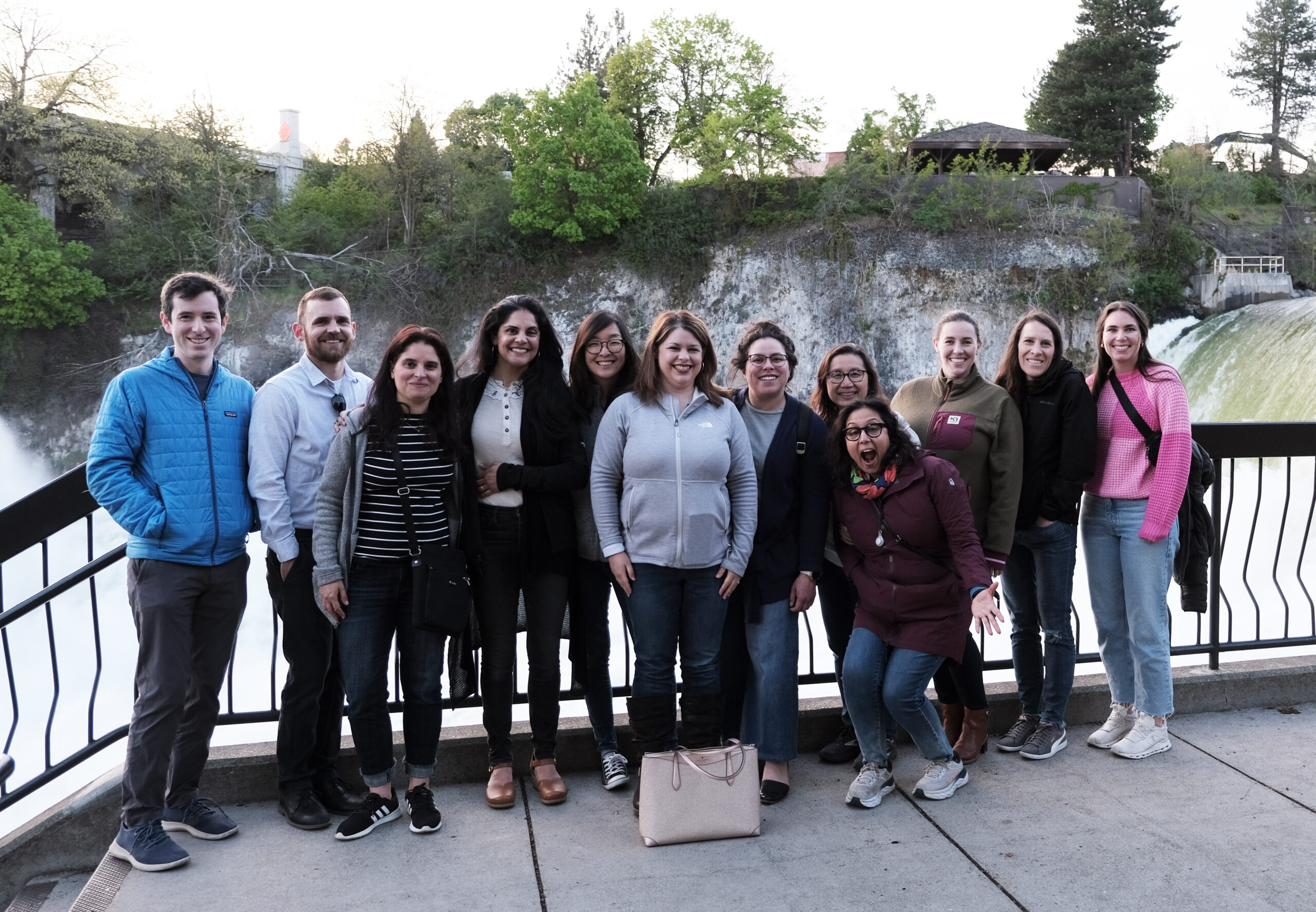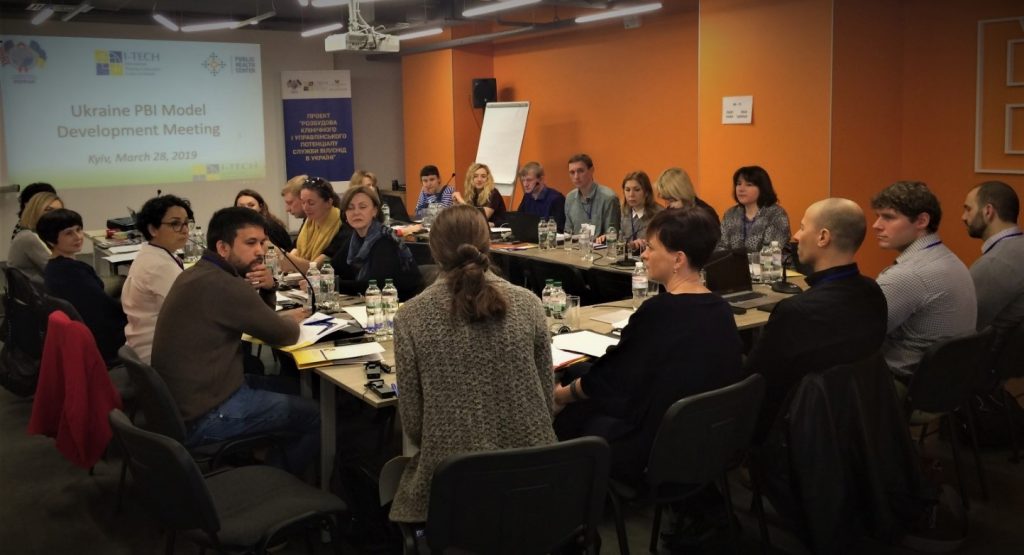 The Center for Stewardship in Medicine (CSiM) has joined the International Training and Education Center for Health (I-TECH) Network as a partner, operating within the University of Washington’s Department of Global Health. CSiM is a collaborative of over 80 rural hospitals across nine states in the U.S. working together on stewardship challenges through education, quality and process improvement, and mentoring.
The Center for Stewardship in Medicine (CSiM) has joined the International Training and Education Center for Health (I-TECH) Network as a partner, operating within the University of Washington’s Department of Global Health. CSiM is a collaborative of over 80 rural hospitals across nine states in the U.S. working together on stewardship challenges through education, quality and process improvement, and mentoring.
I-TECH and CSiM will mutually benefit from collective decades of experience tackling rural health challenges – including workforce shortages, staff who wear “many hats,” and disparities in services – in the U.S. and around the world.
“CSiM is a collaborative of physicians, nurses, laboratory professionals, and pharmacists working to bridge bi-directional knowledge gaps between academic medical centers and rural health care facilities,” said John Lynch, MD, MPH, co-director of CSiM. “Like I-TECH, we value collaborative, anti-hierarchical work that honors expertise and experience at all levels of the health care system, and from all sectors.” Dr. Lynch leads the center with Chloe Bryson-Cahn, MD, and Zahra Kassamali-Escobar, PharmD.

CSiM works in antimicrobial stewardship and infection prevention, building sustainable quality improvement programs, and providing customized, long-term technical assistance to rural health facilities. The center’s main activities include leading the UW Tele-Antimicrobial Stewardship (TASP ECHO®) project, a telementoring program; coordinating Intensive Quality Improvement Cohorts; and providing resources and tools to support facilities in reaching their goals and improving the quality of healthcare.
“I-TECH and CSiM share a dedication to finding innovative and local solutions to provide ongoing education and mentoring to health care workers in resource-limited settings,” said Pamela Kohler, BSN, PhD, I-TECH co-director. “We are incredibly excited about the opportunity to learn from each other.”
Currently, CSiM has projects in Arizona, Idaho, Illinois, Louisiana, Maine, Montana, Oregon, Utah, and Washington and is exploring opportunities to extend its model globally.
“CSiM’s inclusive, team-based approach results in work that really matters to communities in need – particularly those in underserved, hard-to-reach, rural areas,” said Ivonne Ximena “Chichi” Butler, MPH, I-TECH co-director. “This approach makes it a perfect fit within the I-TECH Network.”




